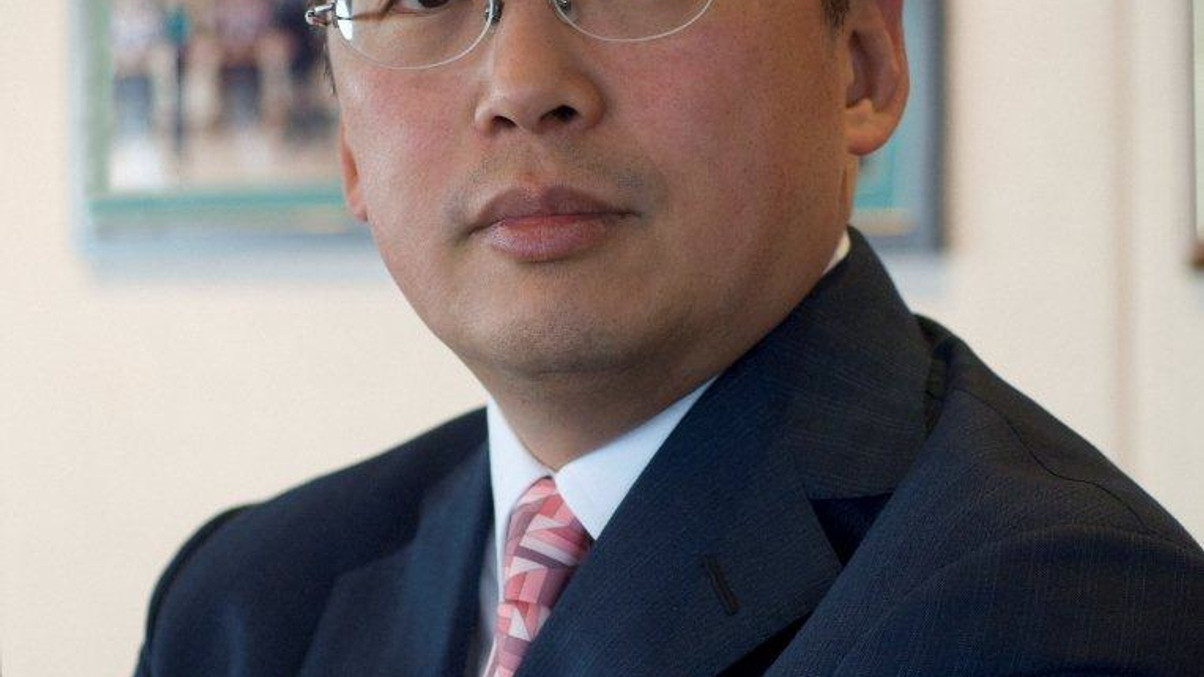Citic Capital outlines strategy for venture fund
The firm hopes to complete fundraising for its venture partners fund in three months and plans to invest in unlisted firms in China, and those aiming to list in Hong Kong and the US.

The head of Citic Capital’s new venture fund says it will seek to invest mostly into unlisted firms in China, but will also target Chinese plays in the US with some caution in light of recent investor black-listings.
Sign in to read on!
Registered users get 2 free articles in 30 days.
Subscribers have full unlimited access to AsianInvestor
Not signed up? New users get 2 free articles per month, plus a 7-day unlimited free trial.
¬ Haymarket Media Limited. All rights reserved.


